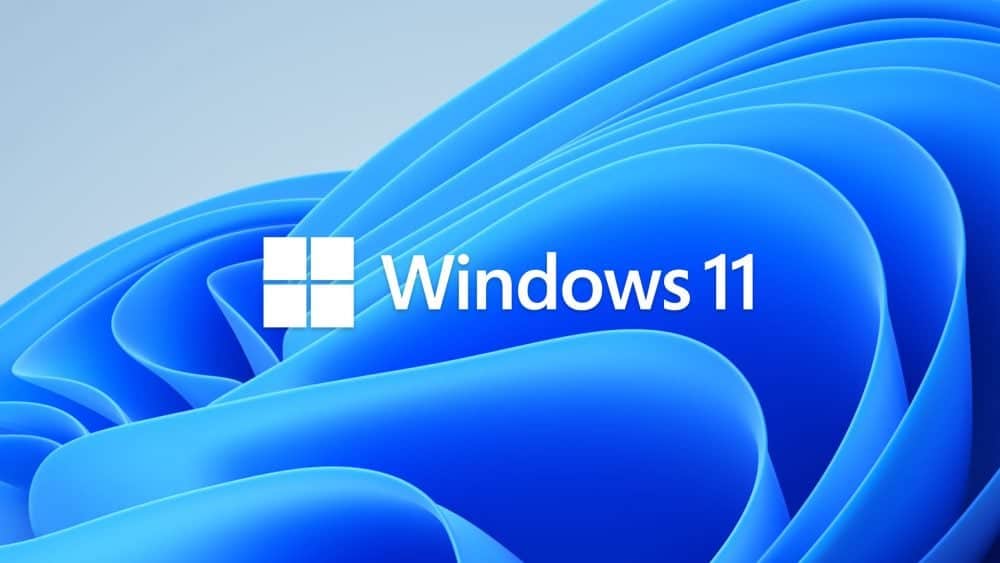There is a lot of excitement around Microsoft’s latest OS release, Windows 11. Now available officially since October fifth, many organizations are making plans to upgrade their environments from Windows 10.
What is it?
Windows 11 is very much a redesign of the existing Windows 10 operating system, aligning more with design elements you may find in Chrome or Mac OS. Along with a more mobile/tablet-like application selection interface, Windows 11 is also an attempt to simplify the experience of Windows 10. It also brings a host of new security features (and requirements) in an attempt to combat the surge of cyberattacks in the past year.
Do you need it to be secure?
While this may not be for everyone, and Windows 10 certainly is not going anywhere for the next couple of years, this upgrade does have security benefits, Microsoft have stated:
“Windows 11 raises the bar for security by requiring hardware that can enable protections like Windows Hello, Device Encryption, virtualization-based security (VBS), hypervisor-protected code integrity (HVCI) and Secure Boot,”
According to Microsoft, these features have helped reduce Malware on test machines by 60%.
For security reasons, Microsoft are also enforcing hardware requirements for Windows 11. Including enforcing the use of newer CPUs that will help reduce side-channel attacks, as well as (softly) requiring a TPM 2.0 chip, boosting the idea of “Zero Trust” security that Microsoft are leading with for Windows 11.
Will all of this be able to fully protect against Malware and ransomware attacks? No. The reality is that these are still open endpoints with many attack vectors but this is certainly a step in the right direction.
Conclusion
In order to ensure true Zero-trust endpoint security, ThinScale will lock down and enforce stringent security policy – creating PCI, HIPAA, & GDPR compliant endpoints for BYOD and Corporate devices, regardless of Windows version.
Windows 10 Home, Pro, Enterprise, and Education will continue to be supported by Microsoft until October 2025, and ThinScale will continue to support these as well, as we always have. However, if you are looking to upgrade your environment to Windows 11, ThinScale are ready to support you.



